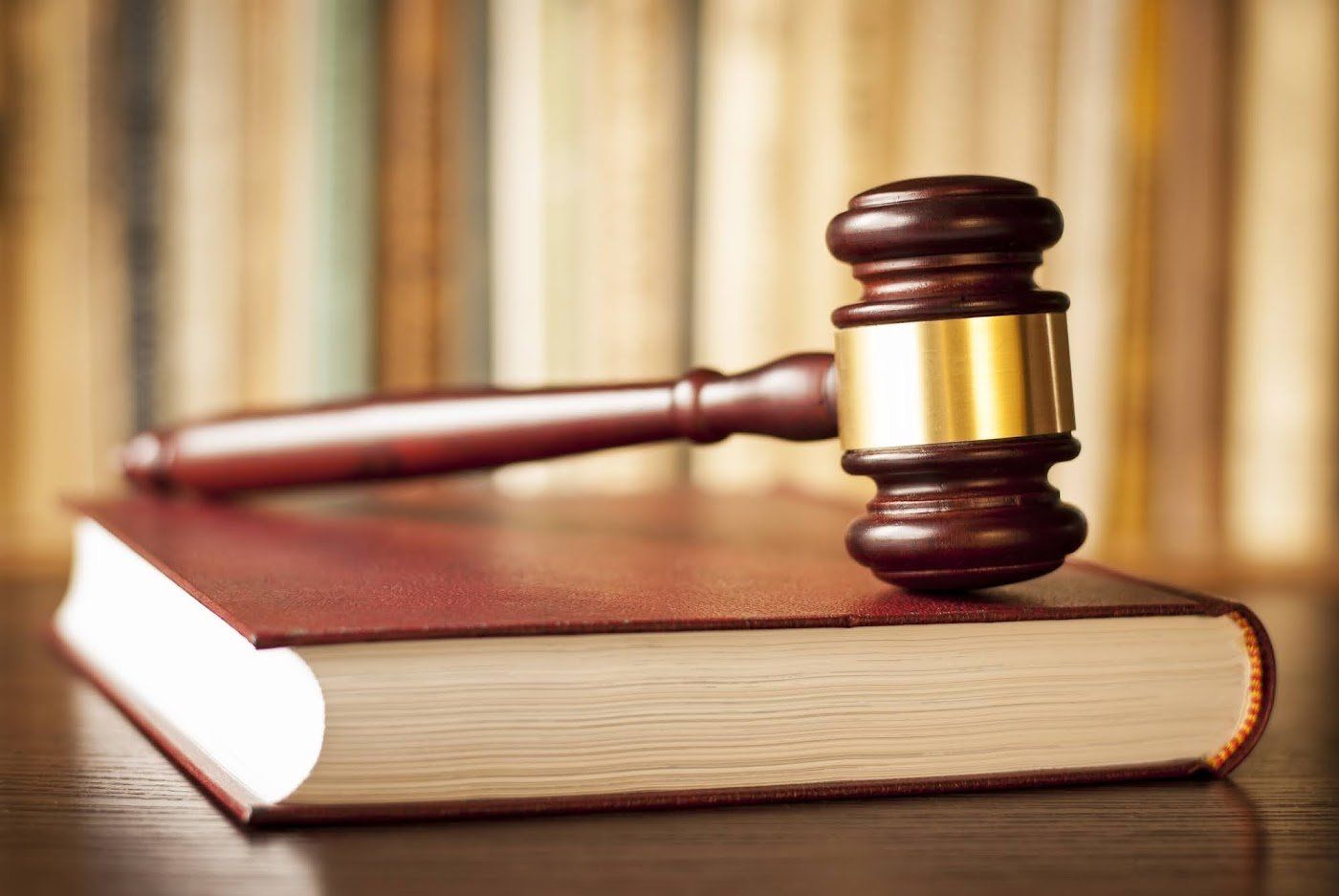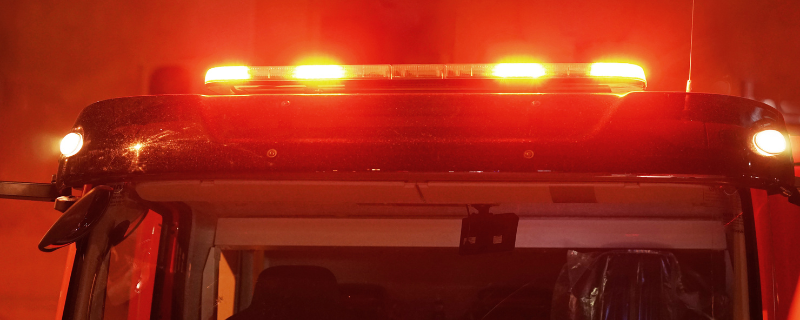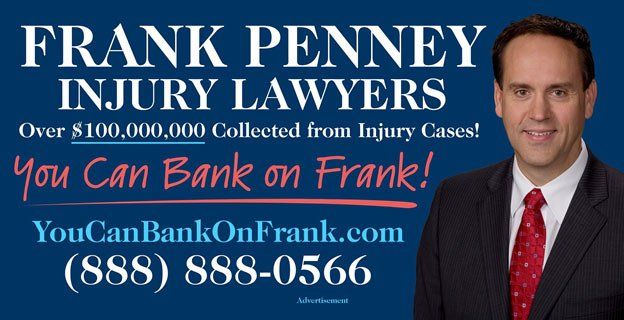Exciting news!
Our firm is thrilled to announce a successful verdict in the case of Michaud et al v. United States. The judge returned a decision of over
$10.5 million in favor of our clients. This verdict is the
highest recorded verdict in Federal Court in the state of Utah. This is a
huge victory and a testament to our commitment to
fighting for justice.
GET YOUR FREE CONSULTATION
We will get back to you as soon as possible.
Please try again later.
Personal Injury Legal Terms Everyone Should Know

Do you know that if someone else's negligence caused you injury or the death of a loved one, the law permits you to pursue a personal injury claim? A glossary of common personal injury terminologies will help you prepare for the procedure ahead. This glossary may also assist you traverse the concepts and jargon you discover while you pursue your claim.
Learn some fundamental legal terminology that every plaintiff should be familiar with.
Claim
A claim is a civil lawsuit, in which a claimant demands payment for injuries. A claim is a formal accusation that a liable person caused injuries or death and that the plaintiff wants to seek restitution.
Negligence
Negligence is the inability to act with the same caution that a reasonable person would in the same circumstance. In general, the term negligence refers to being reckless. This act of commission and omission results in damages. The law permits financial restitution when one person's reckless behavior harms another.
Judgment
Judgment refers to a judicial decision that resolves a legal disagreement between parties involved. The terms of a judgment may call for restitution in money or the surrender of property. A judge hands their final judgment irrespective of the opinions of the parties to the case.
Premises Liability
Premise liability refers to the legal concept that holds property owners liable when someone accesses their property and gets injured because of a risky situation. Negligence is the foundation of premises liability claims. This principle derives from rules that specify that one may assume to be safe whenever they enter another person's property.
Binding Precedent
A binding precedent is a court judgment that other courts reference as an example or comparison to settle comparable legal issues in subsequent cases. Appellate courts with the power to review lower courts' judgments frequently bind lower courts.
Act of God
Acts of God are situations that are uncontrollable, unforeseeable, and unavoidable. Acts of God could serve as a defense or exemption to responsibility, such as in a scenario that would otherwise make up a contractual breach. Examples of such accidents include damages from floods.
Damages
Damages are sums of money harmed parties receive as restitution for the harm committed. The goal of compensatory damages is to compensate a victim for all past and future costs. This includes medical expenses and lost income. Punitive damages aim to rectify the defendant's behavior.
Burden of Proof
The burden of proof is the obligation that a party must establish their case to prevail. In personal injury claims, the claimant must show that they suffered harm because of the defendant's recklessness to prevail.
Tort
Tort refers to a civil offense or a violation of a legal obligation to another person. A typical tort is the reckless operation of a vehicle, which can cause property destruction and personal harm in a road accident.
Arbitration
One way to end a civil dispute is through arbitration. Arbitration is an option for two parties that cannot come to an agreement and would rather avoid a trial. In all arbitration situations, an impartial referee renders an enforceable decision on the matter.
Did you know that all personal injury lawsuits have many things in common and that you will have an added advantage if you take time to understand the legal jargon of injury lawsuits? To make sure you comprehend all facets of your personal injury lawsuit, familiarize yourself with the common legal terminology for these types of lawsuits.
Do you have reservations about your legal rights, or have you ever gotten injured because of someone's negligence in California? Please get in touch with us to arrange a no-cost consultation. We can guide your case and assist with any personal injury terminology.
No Fee Guarantee!
Our legal team understands that life can be very stressful after an accident of any type. The financial costs of your accident can add to that stress. When you are asking for help, this should make your life easier – not more difficult. That is why you do not have to worry about any upfront legal fees and expenses when you hire Frank Penney Injury Lawyers to handle your California personal injury case.
At Frank Penney Injury Lawyers, Frank Penney and his staff work on a contingency basis. This means you only have to pay a fee if you win your case. We will never charge a fee unless we obtain a settlement on your behalf. No win. No fee. Case closed.
This means there is no risk in asking Frank Penney Injury Lawyers for help. You get to benefit from Frank Penney’s years of experience, knowledge, and success without needing to stress about the cost. Call today to set up a free initial case assessment or to learn more.
When I first contacted the Law Offices of Frank D. Penney after my accident, I was frustrated with car insurance companies, and medical insurance companies; after all, I was in pain. He and his staff put me at ease instantly! It was such a relief to have someone working on MY BEHALF! They were able to settle my case for more than I initially thought it was worth. THANKS AGAIN!!!
- KRISTA H.
Read more
client testimonials.
Why Choose Us?
- If You Don’t Win, You Don’t Pay
- Free Case Evaluations
- Over 25 Years of Experience
- Compassionate and Caring
- Highly Rated Reviews
- Proven Track Record
- 24/7 Availability
- Quick Response Time
- And More
Our Recent Blog Posts



24/7 Availability – Reach Us by Phone, Email, Chat and More!
If you are involved in any type of personal injury due to the fault of someone else, our experienced team at Frank Penney Injury Lawyers in Roseville, CA can help. We are available to anyone in Northern California 24/7! Give us a call today to learn more at 888-888-0566. We will fight for your rights!
Contact Our Team Today
Frank Penney Injury Lawyers can be reached at the following locations:
No matter where you are in Northern California, or how you reach us, we will be there for you 24/7!
You Can Bank on Frank!


